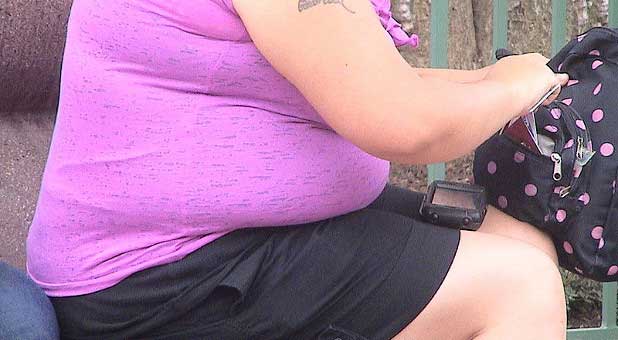New imaging tests show that eating fructose can trigger brain changes that may lead to overeating, according to a new study published in Journal of the American Medical Association.
Fructose is a sugar commonly found in the American diet.
Researchers found that after drinking a fructose beverage, the brain didn’t register the feeling of being full, but it did after consuming glucose.
“It implies that fructose, at least with regards to promoting food intake and weight gain, is a bad actor compared to glucose,” Dr. Jonathan Purnell, an endocrinologist at Oregon Health & Science University, said.
Scientists say this could be playing a role in the dramatic rise of obesity. One-third of U.S. children and teens and more than two thirds of adults are obese or overweight.
“We still have to learn about obesity, including how best to measure it,” Dr. Thomas Frieden, director of the Centers for Disease Control and Prevention, said in a written statement.
“However, it’s clear that being obese is not healthy—it increases the risk of diabetes, heart disease, cancer, and many other health problems. Small, sustainable increases in physical activity and improvements in nutrition can lead to significant health improvements.”
Click here to read the study.











































